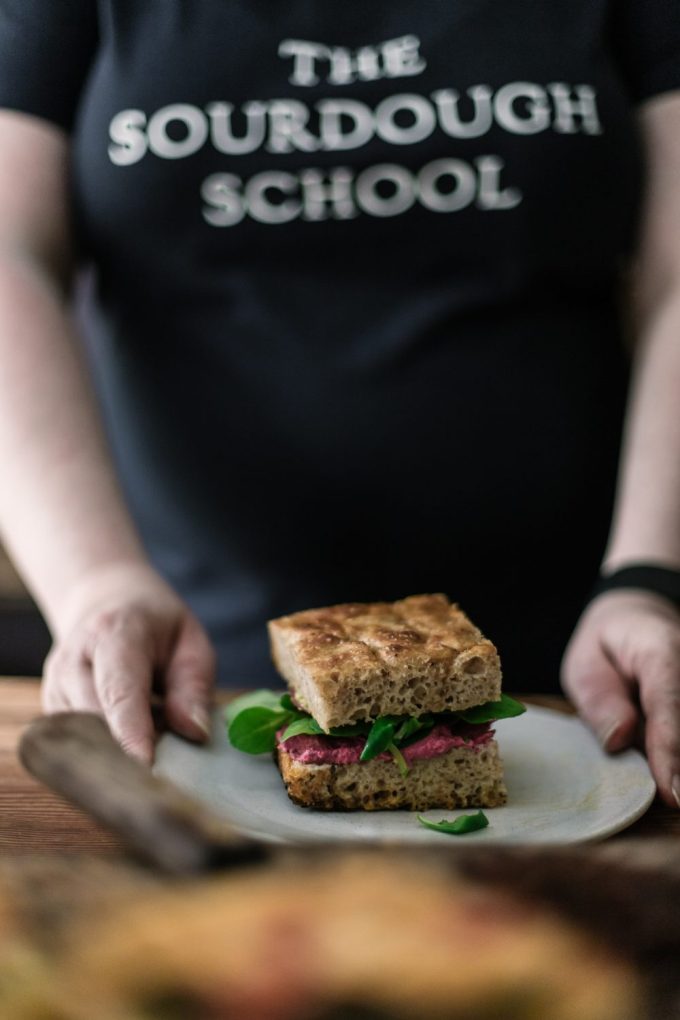 Probiotic bacteria are found mainly in fermented foods, a sourdough starter when it is alive is a probiotic. There are many studies that promote a positive health image of probiotics in fermented foods such as sauerkraut, yoghurt and kefir for example.
Probiotic bacteria are found mainly in fermented foods, a sourdough starter when it is alive is a probiotic. There are many studies that promote a positive health image of probiotics in fermented foods such as sauerkraut, yoghurt and kefir for example.
Fermented foods contain living microorganisms (bacteria), however there are many questions about the ability of the probiotics to survive and become active when entering the consumer’s gastrointestinal tract. The general consensus is that probiotics, when consumed as part of a fermented food, are beneficial.
The potential for probiotics and other interventions
Given the growing body of research highlighting the importance of the gut microbiome in human health, there has been increasing interest in the potential for using probiotics and other interventions to modulate the gut microbiome and improve mental health. This is one of the reason that we include probiotics in the Baking as Lifestyle Medicine Protocol and we teach about symbiotic eating.
Several studies have investigated the effects of probiotics on mood and behavior, as discussed above. However, it is important to note that the effects of probiotics can vary depending on the specific strains used and the dosages administered. Additionally, the effects of probiotics on mental health may be influenced by factors such as age, gender, and the presence of other medical conditions.
Other interventions that have been investigated include prebiotics, which are the dietary fibre that promotes the growth of beneficial gut bacteria, and synbiotics, which are combinations of probiotics an probiotics, and synbiotics were associated with improvements in mood and behaviour, as well as improvements in gut function and inflammation.



